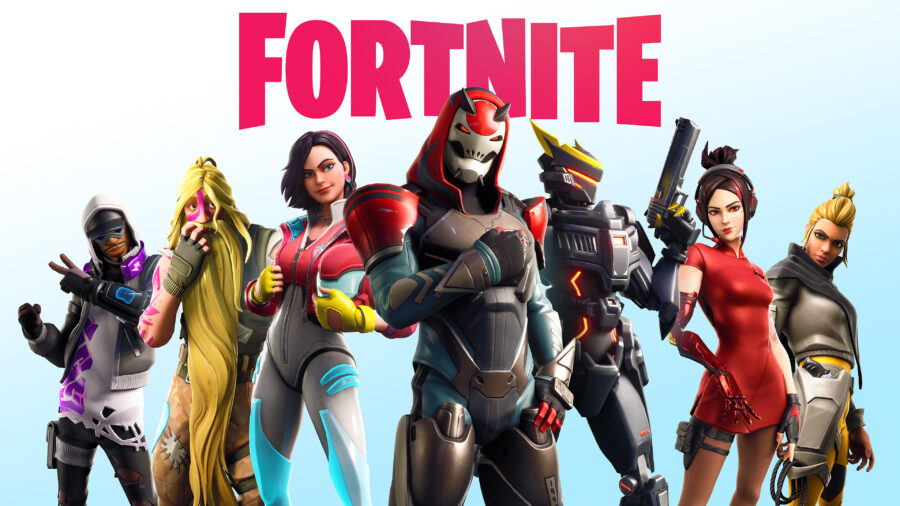Fortnite Has Been Banned From Apple’s App Store
Here's why Fortnite has been banned from the Apple store.
This article is more than 2 years old

It would seem that Fortnite won’t be returning to iOS App Store anytime soon since Apple blacklisted the game from its App Store, stating that the game won’t be reinstated until all court appeals are done. The two companies have been in a legal dispute since August 2020, when Epic Games launched its proprietary in-app payment system to circumvent Apple’s own and cut the company from collecting any commissions on in-game app purchases. The legal battle that potentially could’ve changed the entire app economy is now over, with Epic Games getting the short end of the stick.
According to Reuters, Fortnite fans won’t be able to play their favorite title on iOS anytime soon since Apple blocked the app following Epic Games’ court appeal, in which the company challenges the court’s conclusion that Apple wasn’t a monopoly. Following Epic’s appeal, Epic Games CEO Tim Sweeny stated that Apple had informed Epic they won’t let Fortnite back onto the App Store until the completion of all litigation related to the initial lawsuit – despite Epic previously agreeing to play by Apple’s rules.
For those in need of more context, Epic Games threw the first punch by circumventing Apple’s payment system, cutting the company out of its 30% revenue cut, and effectively breaking Apple’s rules on digital payments. As a result, Apple removed Fortnite from its iOS App Store, due to violation of its terms of service, with Epic games filing a lawsuit against Apple for antitrust and anticompetitive behavior, as stated in our previous report. It’s worth noting that Epic did not seek any monetary damages in its case against Apple (nor in a parallel suit against Google) but instead sought injunctive relief to allow fair competition for markets that affect millions of consumers.

At the same time, Apple filed a countersuit against Epic for breach of contract, seeking monetary damages to recover the funds Epic had made outside Apple’s payment system, attempting to constitute claims of monetary theft against Epic. However, these claims were dismissed. Ultimately, the judge in charge of overseeing the legal battle concluded that the market of interest wasn’t video games like Fortnite or the iOS App Store but digital mobile microtransactions. Under this conclusion, Judge Rodgers concluded that Apple wasn’t a monopoly, despite enjoying a considerable market share of 55%, due to considerable competition from Google and Nintendo. With that said, she did make a ruling that set Apple back $85 billion.
She also stated that the 30% revenue cut might be “unjustified” considering the value they offer, sharing Tim Sweeney’s viewpoint on the matter. With that said, she disagreed with Epic’s stance that Apple shouldn’t take commission cuts, stating that Apple has every right to take some fee for licensing its IP to game and app developers. Judge Rodgers ruled against Epic Games and Fortnite, requiring the company to pay Apple $3.6 million, the amount of a 30% revenue cut withheld from Apple related to Epic’s attempt to bypass the App Store.
Epic has subsequently announced its intentions to appeal to in regards to the ruling, prompting Apple to blacklist Fortnite after it previously welcomed the game back on their digital storefront. So it would seem that winners do indeed take all.












